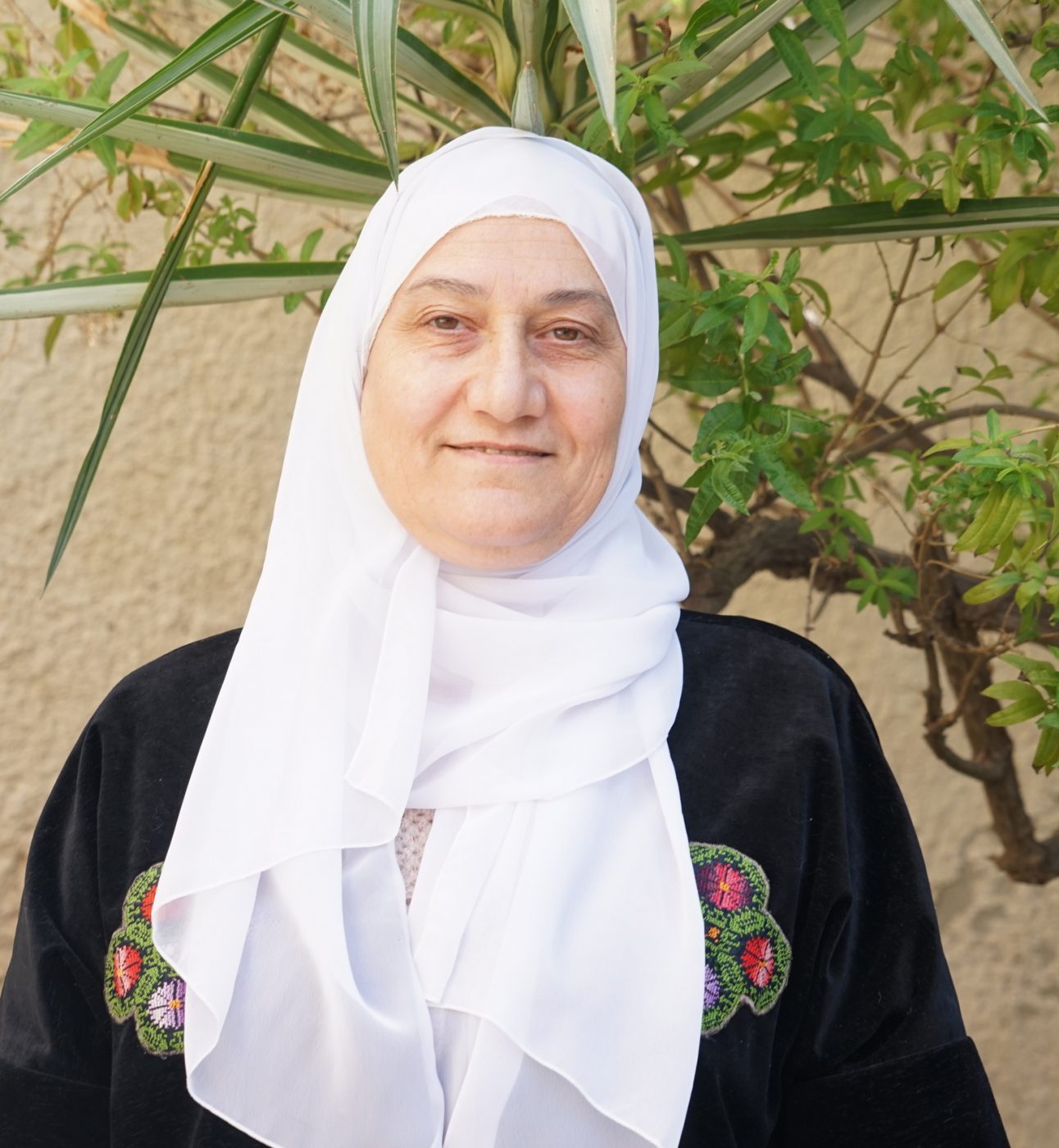Background:
In 2020, HelpAge in partnership with UNFPA ASRO, conducted a review of national ageing strategies in six countries – Egypt, Jordan, Saudi Arabia, Syria, Tunisia, and the United Arab Emirates. The aim was to assess how well these strategies included the rights of older people and their alignment with international human rights frameworks.
While the review found provisions that, if fully implemented, would enhance older people’s rights, it also highlighted significant gaps. One major challenge was the lack of data, which hinders efforts to strengthen policies and improve practices.
The how-to guide – a practical tool to build better data for older people
To support the development of these profiles, a practical how-to guide has also been produced. The guide provides step-by-step instructions on how to create a country profile on the rights and wellbeing of older people. It outlines the key data sources to consult, offers templates for presenting information in an accessible infographic style, and includes guidance on identifying data gaps and formulating relevant policy recommendations.
The how-to guide is a valuable tool for governments, national statistics offices, civil society organisations, and others working in the field of ageing. It is designed to be used in a range of settings, including those with limited data availability, and aims to build capacity for better data collection, analysis, and use. Ultimately, it helps ensure that older people are visible in statistics and that their rights and needs are reflected in national development plans and strategies.

